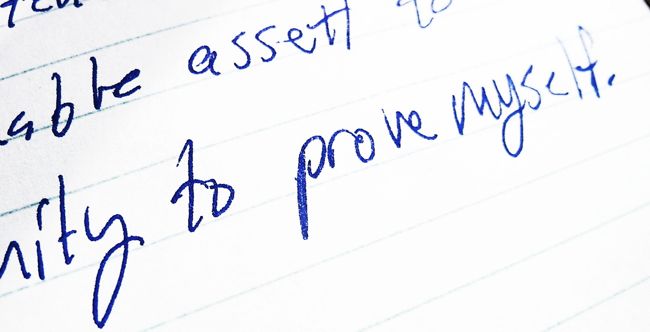
Every day when I check out web sites, I see jobs posted, and a couple times a week, I'll get cold call resumes from young, hungry coaches looking for jobs. We've all been there before no doubt. I remember sending out packets with programs, VHS videos (yeah, I'm getting old), and my resume to dozens of schools hoping for a call back. I asked one of my former bosses for advice on what to look for when seeking a new job. Here's what he said.
1. Is it a place you want to live? As a young coach, you may not have this luxury. I get it. But honestly, this does matter. As an established coach who may have a family, this is huge. We all work 8–12 hours a day, 5–6 days a week on average, but the bottom line is your days off are important and your quality of life is even more important. If you aren't a city guy, don't try to get a job in a metropolitan area. If you're a family guy (or your wife is), don't look for jobs thousands of miles away. Being happy when you do get to go home, go out to eat, or do whatever it is you do on your time will make you appreciate not only how great your job is but also your quality of life.
2. Will you be working with good people? As a strength coach, this means the sport coaches, support staff, and administrators as well as the other strength coaches on staff. Remember, y ou will be spending 50 hours a week or more with these people. If it's a performance center, check out the people you will be dealing with from the marketing department to the managers to the director. If you don't get a good vibe from the people you'll be dealing with on a day to day basis, it probably isn't for you. To me, this is where personal/professional references come into play. Ask the people you have a great relationship with and who know you the best whether they think you'll be a good fit. You need to be in a situation where you can thrive and excel as a coach. Not only are you potentially going somewhere to get interviewed, you are also interviewing people at that university/facility. Your next stop has to be right for both parties involved.
ou will be spending 50 hours a week or more with these people. If it's a performance center, check out the people you will be dealing with from the marketing department to the managers to the director. If you don't get a good vibe from the people you'll be dealing with on a day to day basis, it probably isn't for you. To me, this is where personal/professional references come into play. Ask the people you have a great relationship with and who know you the best whether they think you'll be a good fit. You need to be in a situation where you can thrive and excel as a coach. Not only are you potentially going somewhere to get interviewed, you are also interviewing people at that university/facility. Your next stop has to be right for both parties involved.
3. Is it doing what you want to do? This one is the most important. If you're a head guy, do you want to be an assistant? If you work with football, do you want to do Olympic sports? If you train combine athletes, do you want to work with high school kids? What is your passion? What are you good at? Think long and hard about what the job entails before you check out the school or facility. You need to put yourself in a situation where you can be the best coach you can be and usually it's when you're doing what you love. Make a list of pros and cons and rate how high each one is. If something doesn't feel right when you have the excitement of a potential new job, it definitely won't feel right after the excitement wears off.
4. The giant elephant in the room is always money. Everyone has a different situation and everyone wants to get a bump up in pay. But why compromise where you live, who you are working with, and what your responsibilities are for something as common as money? You see it all the time with people in the business world leaving a cushy six-figure job to do what they love. If you can pay your bills, live a good life, and love waking up every day, weigh that against a pay raise. When you do the math, it may not be worth it.
I always remember an article I read a few years ago in which former Boise State coach Dan Hawkins said, "Bigger isn't better. Better is better." I know Coach Hawkins eventually left Boise to go to Colorado and we all know how that went, but this is something I always think about when looking at jobs. If you can make your situation better, you may be at the right place. The grass isn't always greener.








